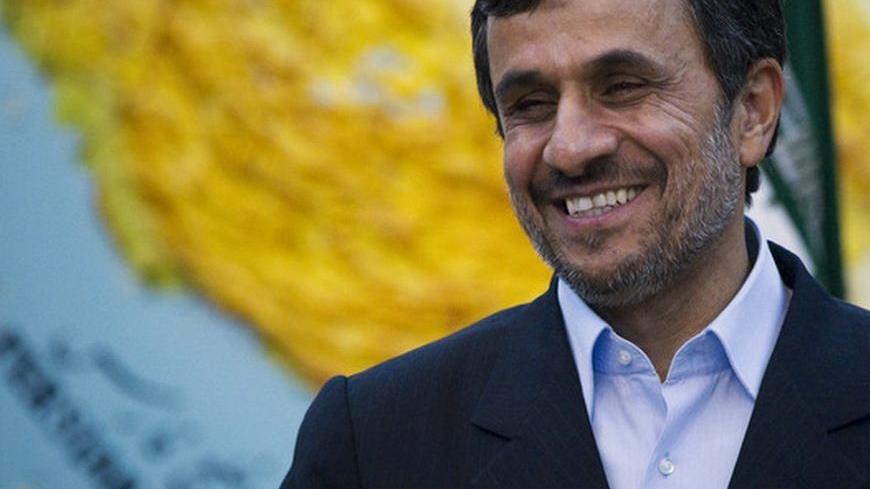It is widely believed that a dismal economy hurt by sanctions was the main reason Iran returned to negotiations with the five permanent members of the UN Security Council plus Germany in April.
Early hopes of quick progress were dashed last month in Baghdad, with Iran rejecting tough demands by the P5+1. If the latter’s negotiating position was influenced by the common wisdom that sanctions have pushed Iran’s economy to a point of imminent collapse, then it makes sense for them to maintain a hardline position hoping for a rapidly weakening economy to soften the Iranian side. In that case, there is little reason to be optimistic about the next round of negotiations scheduled in Moscow June 18-19.


